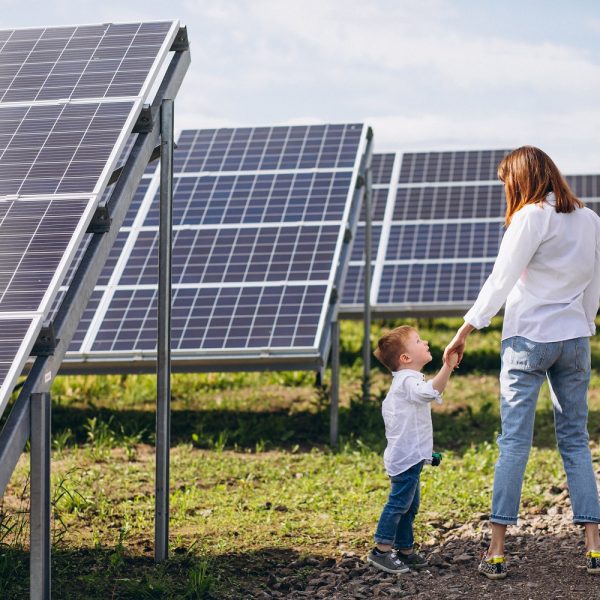Economics perspective and policy implications on energy justice
Track 4 – Special session
Wednesday, 20th July 2022 from 16:30 to 18:00 | Seminar room 1
Wednesday, 20th July 2022 from 16:30 to 18:00 | Seminar room 1

Organisers: Silvia Tomasi (Eurac Research), Nicolas Caballero (Eurac Research), Giulia Chersoni (Eurac Research)
Keywords: Energy Poverty, Energy Justice, Inequality, Energy Policy, Inclusive Transition
Potential journal publication: Please check this page for updates
Description:
This special session aims at discussing ongoing research on the inequalities arising and exacerbated by the current energy transition and the related policy implications to blueprint a fairer process to more sustainable energy systems. A just energy transition is about ensuring that all groups in society can equally benefit from the transition to a carbon neutral society, and that it does not come at the expenses of certain groups. However, the current shape of energy policies and interventions show shortcomings in terms of distributional implications, i.e. costs and benefits are not equally distributed among society and vulnerabilities are worsened. While justice considerations surrounding the energy transition have long been discussed in academic and policymaking circles, empirical evidence of inequalities and the impact of solutions designed to address them is still an emerging research line. Against this backdrop, methods from economics have an important role to play in order to provide causal evidence highlighting distributional, procedural, and recognitional issues, as well as showcase best practices to explicitly foster justice.
This session welcomes works of applied research addressing the current weaknesses with regard to inequalities of energy transition at urban, regional, national and international scale. Contributions should explicitly consider one or more dimensions of energy justice (distributional, recognitional and procedural), or energy poverty and vulnerability. The contributions should either directly address a real-world case study or be linked to applied solutions. Works looking at policy solutions to achieve an inclusive and just transition are also welcome.
Contributions using a wide array of methods (both quantitative and qualitative) will be considered, with particular emphasis on economic methods including but not limited to: econometrics, experimental economics, and complex systems modelling.
Presentations: